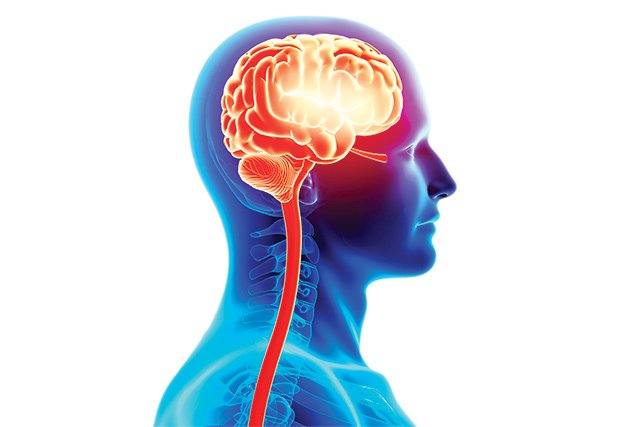 You’ve likely heard about concussions in the news lately. Unfortunately, traumatic brain injuries (TBI) aren’t limited to professional sports: Concussions can occur after even a mild bump or jolt to the head on a soccer field or basketball court, or in a workplace injury. Here, Vincent Scoccia, DO, ER medical director at Fort Duncan Regional Medical Center, shares important information about brain injuries.
You’ve likely heard about concussions in the news lately. Unfortunately, traumatic brain injuries (TBI) aren’t limited to professional sports: Concussions can occur after even a mild bump or jolt to the head on a soccer field or basketball court, or in a workplace injury. Here, Vincent Scoccia, DO, ER medical director at Fort Duncan Regional Medical Center, shares important information about brain injuries.
Q: What is a traumatic brain injury?
According to the CDC, a TBI is caused by a bump, blow or jolt to the head that disrupts the normal function of the brain. Fortunately, not all blows or jolts to the head result in a TBI: Most are mild and are what we know of as concussions. These kinds of injuries range from mild, with only a brief change in mental status or consciousness, to severe, with the injured experiencing unconsciousness or memory loss for an extended period.
Q: How do TBIs happen?
Most TBIs happen in a fall, or being struck by or against an object. Common ways someone can sustain a concussion can include during motor vehicle accidents, while playing sports, in a workplace accident or an assault.
Q: What should I do if I suspect someone has a concussion or TBI?
Seek medical attention right away if the injured person loses consciousness for an extended time, but even less serious bumps or jolts may cause signs of concussion that don’t appear until hours or days after the injury. Secondary concussions that occur before the injured person has recovered fully can be very serious. Don’t allow young athletes to play with a known or suspected concussion until evaluated and given permission by a health care professional: A quick concussion test on the sideline is not sufficient.
Signs of a possible concussion
- Difficulty thinking clearly
- Feeling slowed down
- Difficulty concentrating
- Difficulty remembering new information
- Nausea or vomiting (soon after the injury)
- Balance problems
- Dizziness
- Fuzzy or blurry vision
- Feeling tired, having no energy
- Sensitivity to noise or light
- Irritability
- Headache
- Sadness/emotional
- Nervousness or anxiety
- Sleeping more or less than usual
- Trouble falling asleep
- Just not “feeling right”
If you suspect you or a loved one has a concussion, don’t wait! Have your symptoms checked immediately.
*Source: Protectthebrain.org

